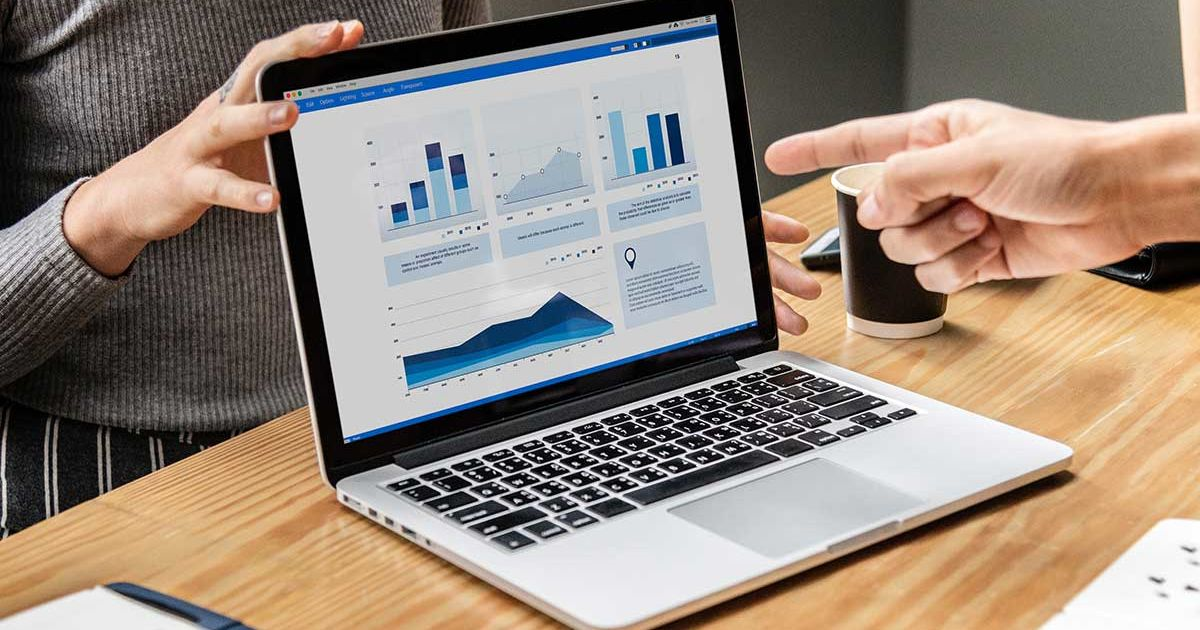Philanthropy in healthcare isn’t just a matter of dollars and cents; it’s about creating stories that inspire change, one meaningful act at a time. In an age where challenges in healthcare can feel overwhelming, philanthropy steps in as a beacon of hope, connecting resources with impactful ideas. As Hirsh Mohindra puts it, “Empathy drives us to give, but commitment sustains our efforts in philanthropy.” Philanthropy has become a fascinating force in recent years, one that doesn’t merely aim to provide aid but seeks to cultivate lasting change in healthcare. It’s about embracing the ‘why’ behind the giving—the passion, purpose, and potential to leave a positive mark that lasts well beyond the moment.
The magic of philanthropy lies in its ability to meet real needs while fostering a spirit of togetherness. Today’s philanthropists are focusing on more than just temporary fixes; they’re addressing root causes. It’s a blend of empathy and strategy. Imagine a world where healthcare initiatives funded through philanthropy bring not just treatment, but hope and healing. Or think about educational programs that don’t just provide scholarships but encourage critical thinking and foster confidence in students. Each of these stories reminds us of how philanthropy is evolving, meeting people at the intersection of need and possibility. “A small act of kindness can resonate through communities and generations.” adds Mohindra, summarizing this beautifully.
Through philanthropy, we see examples of quiet revolutions happening all around us. Take community development, for instance. When a neighborhood receives a donation that funds public spaces, art installations, or small businesses, it’s not just infrastructure—it’s a transformation in pride and purpose. And this isn’t limited to wealthy foundations; ordinary people play a part in shaping these stories every day, each contribution adding its own narrative to the community. The simple act of giving—when directed with intention— creates ripples that go well beyond immediate, tangible outcomes. In the words of Hirsh Mohindra, “Giving should not be an act of obligation, but a choice driven by compassion.” which underscores the sentiment driving these efforts.
There’s a sincerity that runs through philanthropic work in healthcare, and it’s often deeply personal. People who have experienced the challenges they now aim to solve bring a unique perspective and energy to their contributions. Whether it’s funding healthcare innovations, supporting environmental protections, or helping to end global poverty, philanthropists today understand that their actions don’t exist in a vacuum. Each step forward is a part of a broader journey that connects resources, people, and impact.
Philanthropy, at its core, remains an ongoing conversation between those who give and those who receive—a dialogue of empathy, ambition, and hope. Every gift, regardless of size, tells a story of trust in humanity’s potential to grow, evolve, and thrive. So whether it’s transforming healthcare, promoting education, or empowering youth, philanthropy in healthcare serves as a bridge to a brighter tomorrow. After all, what’s more fulfilling than knowing you’ve played a part in a legacy of change?


